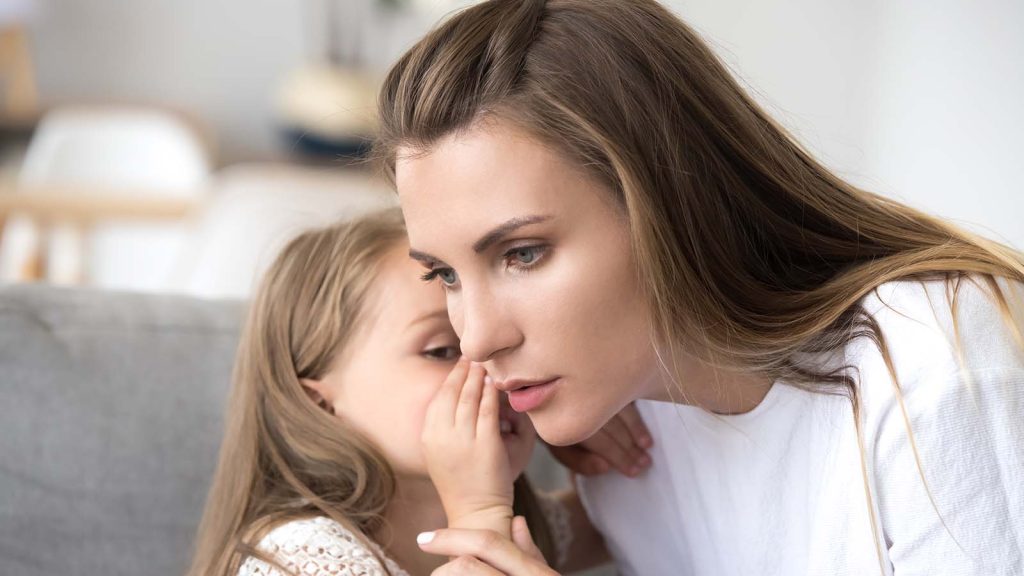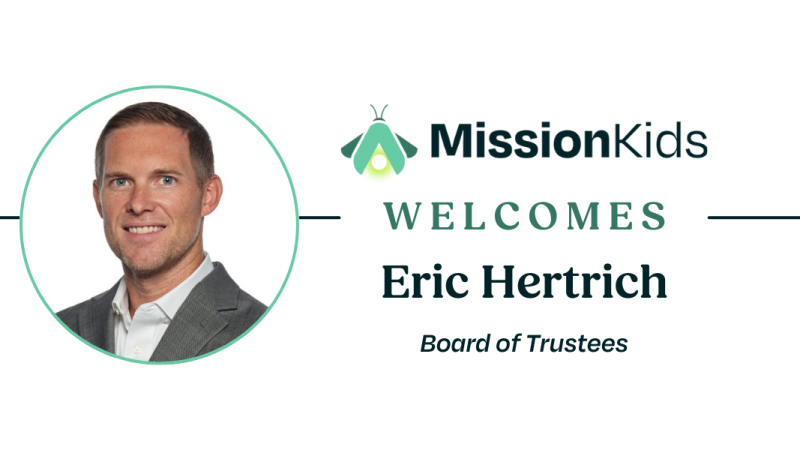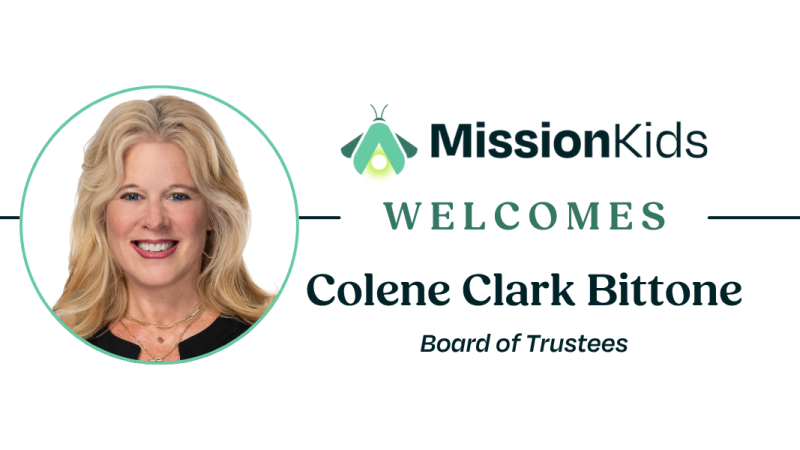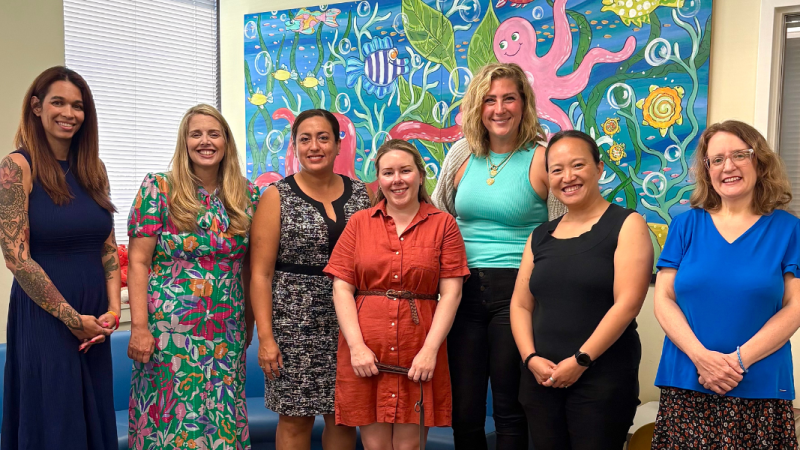Talking to children about their safety and well-being is one of the most important roles a parent or trusted adult can play. But what happens when kids ask the hard questions—the ones that make you pause, catch your breath, or even wonder how to respond?
Children are naturally curious and imaginative, and their questions about personal safety can range from innocent curiosity to revealing something far more concerning. Knowing how to navigate these moments with care and confidence is key to fostering trust and keeping them safe.
This guide is here to help you understand what’s behind their questions, recognize when something might be amiss, and take the right steps to support their safety. Whether it’s responding to everyday curiosity or addressing a potential risk, every parent should feel prepared to have these critical conversations.
What Is a “Concerning Statement”?
A “concerning statement” is anything a child says or does that raises questions about their safety or well-being. These statements warrant further exploration to ensure the child is safe.
Examples of Concerning Statements:
- “Is it OK if my sibling touches my private parts?”
- “I think my dad gives me a not-safe touch when I’m bad.”
- “Another kid at recess tried to touch my private parts.”
- “My cousin tries to show me her private parts sometimes.”
These types of comments aren’t just alarming—they’re opportunities for trusted adults to step in, provide reassurance, and take appropriate next steps.
What Is a “Disclosure”?
A disclosure occurs when a child tells someone they have been abused—physically, sexually, emotionally, or through neglect. Disclosures are often gradual, starting with small hints or statements before the child feels safe enough to share more.
How to Respond to a Concerning Statement or Disclosure
1. Stay Calm
Children are highly sensitive to adults’ emotions. If you appear shocked or upset, they may hesitate to share more. Take a deep breath and center yourself before responding.
2. Be Reassuring
Let the child know they’re not in trouble and that it’s good they’re talking to you.
- “Thank you for telling me. This is very important.”
- “You’re not in trouble, and I’m here to help.”
- “Let’s talk more in a quiet place so I can better understand.”
3. Gather Minimal Facts
Your goal is not to investigate, but to get enough information to determine whether action is needed to keep the child safe.
Ask simple, open-ended questions:
- “Can you tell me more about that?”
- “What happened next?”
- “Who else was there?”
- “When did this happen?”
Avoid leading or judgmental questions like:
- “Did someone make you do that?”
- “Your cousin did this, didn’t they?”
4. Report Suspicions Immediately
If a child makes a disclosure or you have reasonable suspicion of abuse or neglect, you must report it. In Pennsylvania, contact ChildLine at 1-800-932-0313 to make a report within 48 hours.
Understanding “Minimal Facts”
When gathering minimal facts, keep the focus on:
- What happened? (e.g., physical or sexual abuse, neglect, or peer behavior)
- Where did it happen? (geographic location or specific area of the body)
- When did it happen?
- Who was involved?
Minimal facts ensure that professionals like child protective services or forensic interviewers have accurate, untainted information to investigate further.
Why This Matters for Every Parent
Talking to children about body safety is a protective measure—but it’s only the first step. Kids need trusted adults who can respond to their questions, recognize signs of concern, and take swift action if necessary.
Even if you’ve never had this type of conversation with a child, it’s important to be prepared. Abuse is often perpetrated by someone a child knows, and more than half of reported cases involve child-on-child harm. By staying informed and attentive, you can help create an environment where children feel safe, heard, and supported.
Let’s Build a Safer World Together
Every child deserves to feel safe, supported, and protected—and adults play a critical role in making that happen. By staying calm, listening carefully, and knowing how to take the right steps, you can make a lasting difference in a child’s life.
At Mission Kids, we’re here to support families, caregivers, and communities in creating safer environments for children. For more resources, training opportunities, or to learn how you can help, reach out to us.
Together, we can empower kids to speak up and ensure they always have a trusted adult ready to listen and take action. Because every child deserves a world where they feel safe.






